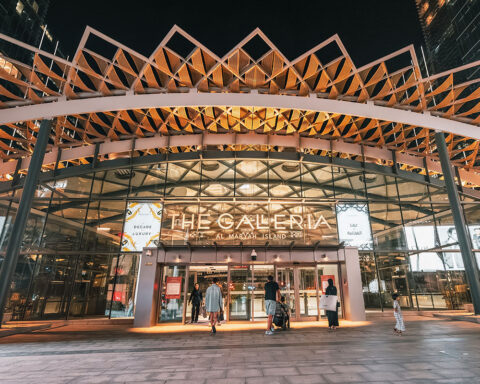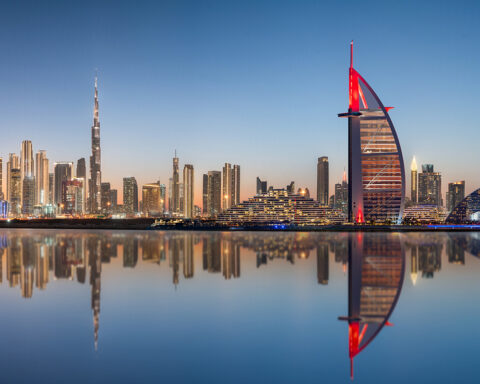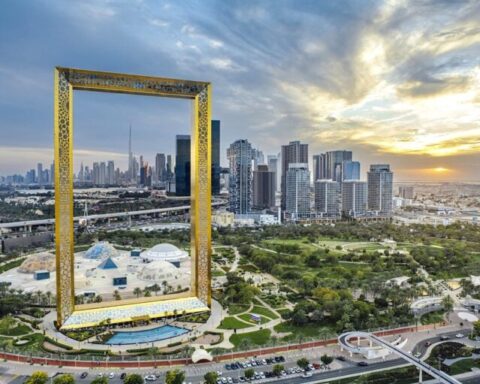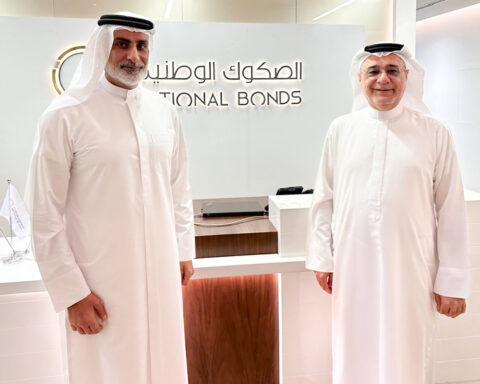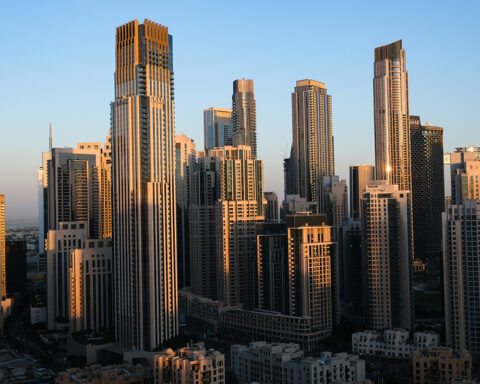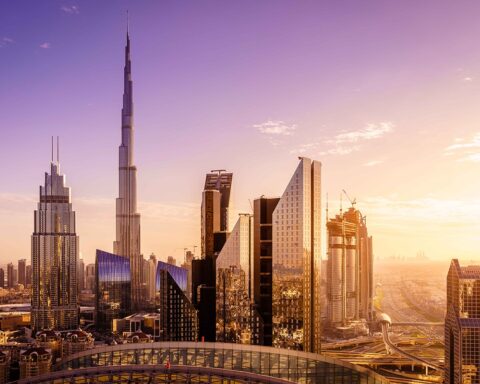Dubai’s residential real estate market is undergoing a significant transformation, transitioning into a seller’s market as investors leverage the gains from the recent three-year surge in property prices. While the market continues to exhibit robust growth, industry insiders foresee potential challenges on the horizon as growth rates stabilize and new dynamics come into play.
Riding the Wave of Price Surges
In the wake of a remarkable surge in real estate prices over the past three years, Dubai’s property market has witnessed unprecedented growth, surpassing the peaks of 2014. This surge, fueled by heightened demand in the post-pandemic period, has created lucrative opportunities for investors looking to capitalize on their real estate assets.
Capitalizing on Investment Returns
Many investors who entered the market during the pandemic year are now capitalizing on substantial gains, with some witnessing asset appreciation of up to 200 percent. The current market conditions favor sellers, offering them the opportunity to maximize returns on their investments. Factors such as increased buyer demand, limited inventory, and zero capital gains or property taxes contribute to a favorable landscape for sellers.
Optimizing Returns through Strategic Selling
For sellers, the key lies in strategically timing their sales to maximize profits and reinvest in potential opportunities. As prices reach new heights, sellers are motivated to capitalize on the current market momentum and leverage their gains for further investment in the real estate sector.
Identifying Profitable Areas
Certain areas in Dubai stand out as hotspots for investment returns, including downtown, District 1 MBR, Jumeirah, Palm Jumeirah, DIFC, and emerging communities like Bulgari, La Mer, Nikki Beach, and MJL. These areas offer a combination of factors such as high demand, limited supply, and attractive amenities, making them ideal for sellers seeking optimal returns.
Anticipating Challenges in 2024
While the current market outlook appears favorable for sellers, certain headwinds are expected to emerge in 2024. Factors such as continued high-interest rates, declining affordability for the average household, and an increase in the supply of new units could pose challenges to sustained growth in the real estate sector.
Navigating Future Trends
As Dubai’s real estate market evolves, stakeholders must remain agile and adaptive to navigate the changing landscape effectively. Strategic planning, market awareness, and informed decision-making will be essential in mitigating risks and capitalizing on emerging opportunities amidst evolving market dynamics.
Conclusion
Dubai’s transition into a seller’s market reflects the resilience and dynamism of its real estate sector, driven by sustained price surges and heightened investor interest. While sellers stand to benefit from favorable market conditions, proactive measures are necessary to address potential challenges and sustain long-term growth. By staying abreast of market trends and adopting a strategic approach, stakeholders can navigate the evolving real estate landscape with confidence and capitalize on emerging opportunities in the dynamic Dubai market.
ChatGPT can make mistakes. Con










